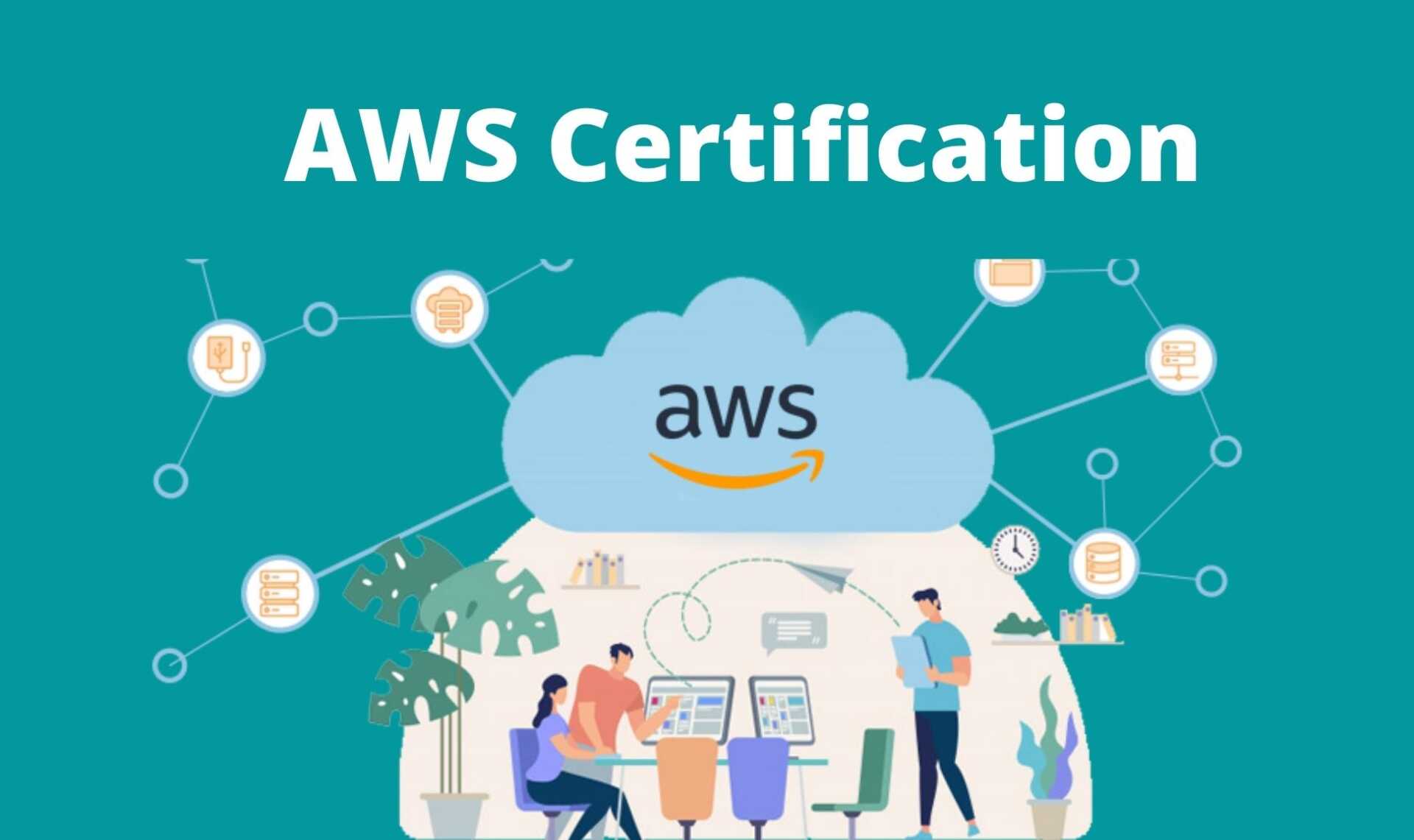In today’s tech-driven world, the demand for data engineering skills is skyrocketing. Companies are increasingly relying on data to make informed decisions, which has led to a surge in opportunities within data engineering. For DevOps professionals considering a career change, this presents an exciting avenue for growth. But how does one make the leap from DevOps to data engineering? This blog post aims to guide you through the process, exploring the key steps and insights required for a successful transition.
Understanding the Transition
Before embarking on a new career path, it’s essential to understand the key differences between DevOps and data engineering. While both roles share a focus on improving efficiency and collaboration within technology, they serve different purposes. DevOps is primarily concerned with streamlining the software development and deployment process. It emphasizes automation, continuous integration, and continuous delivery. On the other hand, data engineering focuses on designing, building, and maintaining data architecture and pipelines to facilitate data analysis and insights.
Despite these differences, there are significant overlaps in skills and knowledge that can be leveraged. Both roles require proficiency in programming languages like Python and a strong understanding of cloud platforms such as AWS or Azure. Familiarity with automation tools is also beneficial, as data engineers often use them to manage and optimize data workflows.
For DevOps professionals looking to transition, understanding these overlaps is crucial. It provides a foundation upon which new skills can be built, making the learning curve less steep and the transition smoother.
Steps to Transition
Identifying Skill Gaps
The first step in transitioning from DevOps to data engineering is identifying the skills and knowledge gaps. While some competencies overlap, data engineering requires expertise in areas like data modeling, ETL (Extract, Transform, Load) processes, and data storage solutions. Assessing your current skills and pinpointing the areas needing improvement will help you create a targeted learning plan.
Educational Resources
Once you’ve identified the skill gaps, it’s time to explore learning resources and educational paths tailored to data engineering. Online platforms such as Coursera, edX, and Udacity offer specialized courses and certifications in data engineering. Additionally, books like “Designing Data-Intensive Applications” by Martin Kleppmann provide deeper insights into the field. By committing to continuous learning, you can build a solid understanding of data engineering concepts.
Gaining Practical Experience
Theory alone isn’t enough; practical experience is vital for mastering data engineering. Engage in projects or internships that allow you to apply your new skills in real-world scenarios. Consider contributing to open-source projects or creating personal data pipelines to gain hands-on experience. This practical exposure will not only enhance your skills but also boost your confidence in tackling real data engineering challenges.
Insights from Professionals
To gain valuable insights into the transition process, it’s beneficial to hear from professionals who have successfully made the switch. One such professional, Sarah, shares her experience:
“Transitioning from DevOps to data engineering was challenging yet rewarding. The key was leveraging my existing programming skills and gradually building knowledge in data architecture. Joining online data engineering communities helped me connect with like-minded professionals and gain valuable advice.”
Interviews and quotes from those who’ve walked this path can provide practical tips and motivation. They offer advice on overcoming common challenges, such as adapting to new technologies, understanding complex data systems, and staying updated in a rapidly evolving field.
Building Your Profile
In the competitive world of data engineering, showcasing your skills and projects is essential. Ensure your professional profiles, like LinkedIn, highlight your relevant experience and newly acquired skills. Include information about the projects you’ve worked on, emphasizing your contributions and the impact they had.
Networking within the data engineering community can also open doors to new opportunities. Attend industry conferences, webinars, and meetups to connect with professionals and stay updated on the latest trends. Engaging in discussions on forums like Reddit and Stack Overflow can further expand your network and provide valuable insights.
Conclusion
In conclusion, transitioning from DevOps to data engineering is an achievable and rewarding endeavor. By understanding the key differences and similarities between the roles, identifying skill gaps, and actively pursuing learning and practical experience, you can successfully make the shift. Remember, the tech industry is dynamic, and the intersection of DevOps and data engineering offers exciting possibilities.
If you’re considering this transition, take the leap and explore the world of data engineering. The future is bright, and your skills and experience in DevOps provide a solid foundation for success. Stay motivated, stay curious, and keep pushing the boundaries of what’s possible.
Encouragement and Further Resources
We’d love to hear your thoughts and experiences on transitioning from DevOps to data engineering. Feel free to share in the comments below and engage in discussions with fellow professionals. If you’re interested in further exploring this topic, check out our related resources and articles for more in-depth insights.
























